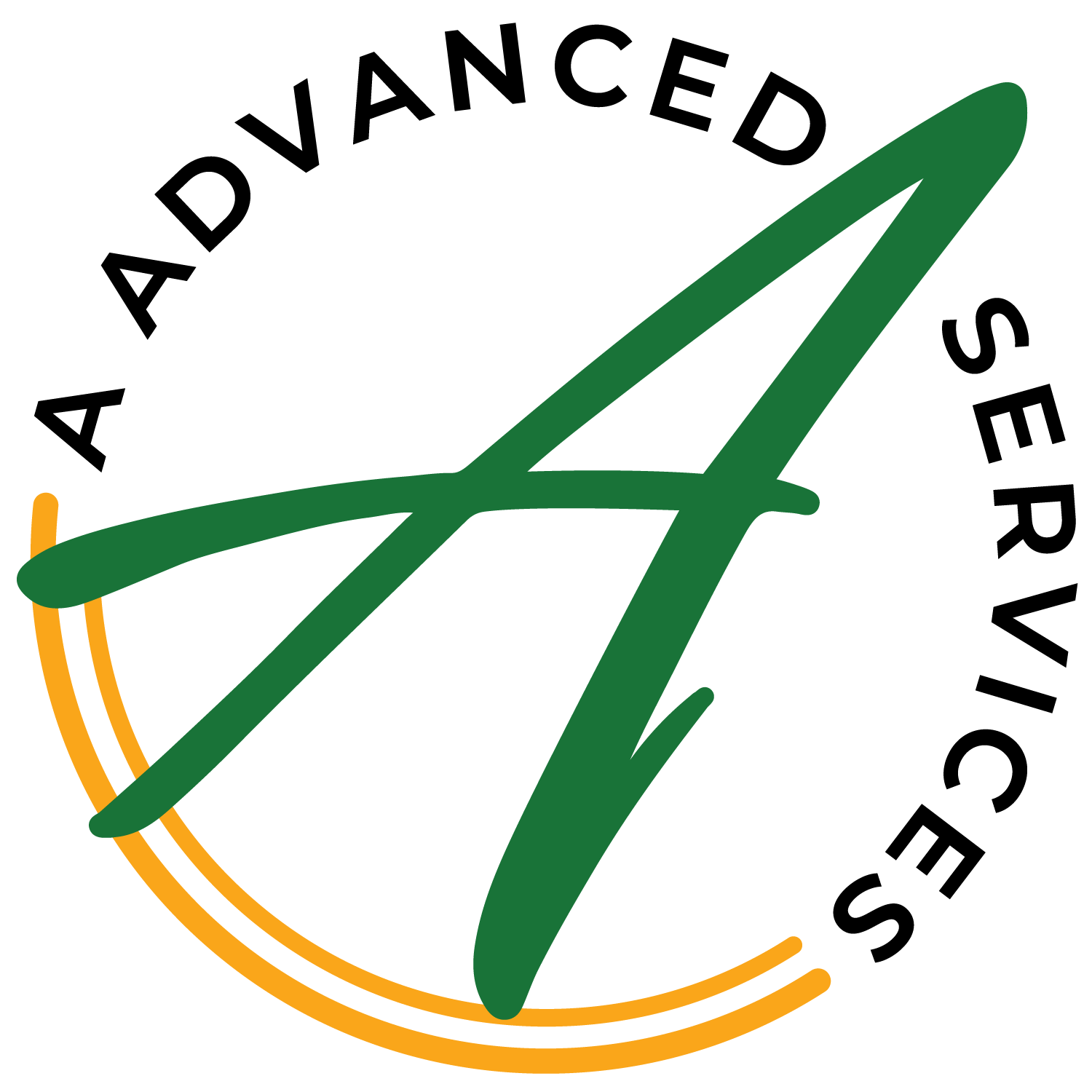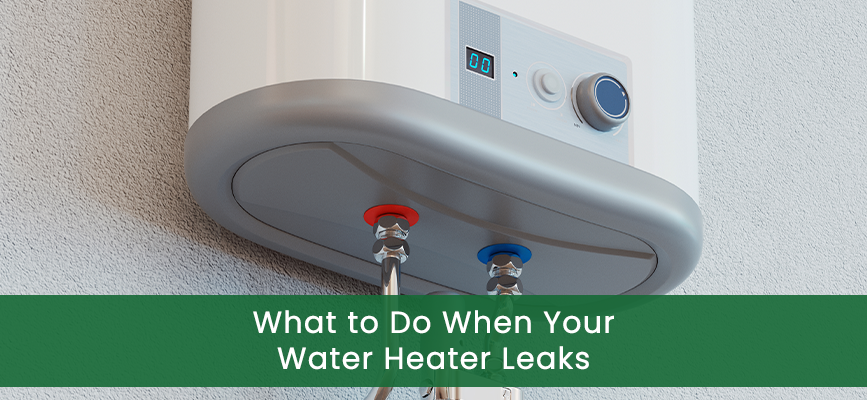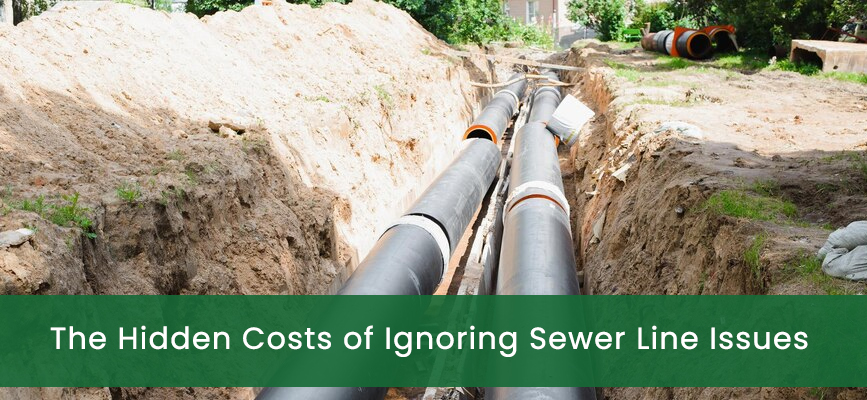For every electric vehicle owner, one of the biggest concerns is how to charge their vehicle. Due to the high demand for EVs, public EV charging stations are becoming more common. Charging EVs will require much planning, but it is way better than gas-powered cars.
This article gives you a brief idea of what to consider before EV home charger installation
What is EV Charger?
An EV charger is simply a piece of electric equipment used for an electric vehicle. EV charger installation are a great way to save money. Neither do you have to pay the public charging rate, nor do you have to wait for the vehicle to charge. Another important factor is that you can forget about range anxiety. Plug the car when you are at home, and you will get a fully charged vehicle in the morning.
How Does EV Charging Work?
These EV charger installation are designed for homes that usually have various installation methods. Some level 2 chargers can plug into the nearest 240-volt outlet, available in every home, while others may require public charging networks.
EV charger installation pulls an electrical current from the 240v outlet or the grid it’s hardwired to. It delivers electricity to the vehicle, just like any other device or appliance you charge, by plugging into the wall.
Not every charger needs to plug into every EV, but the adaptors are available. These adaptors can be purchased online. But it is important to note what type of chargers they are parking in front of.
Different Methods of EV charging
There are different ways to charge the electric car’s battery pack. Here are the three categories of types of charging:
Trickle charge
- It is the slowest way to charge the EV at home using the standard 220V plug. In urgent cases, it is recommended to consult and caution electricity providers.
- It can deliver 13 to 16 km of range per hour of charging.
- There is no such requirement for installation of additional charging equipment.
- The charging speed is 65 km in 5 hours or 200 km in 14 hours.
AC charge
- The wall box will help you charge 3-4 times faster using AC household charging. AC public charging is also available.
- It needs the installation of a dedicated EV charging wall box that a trained electrician should fit.
- AC households are one of the most common and recommendable home charging options.
DC charge
- This is the fastest way to charge the EV at a public DC fast charging station, along with the power from 50 KW or more than above. This method can top up the battery from 20 to 80% within 40 minutes. It has ultra-fast charging stations, which already provide more than 150KW.
- The use of DC charge should be kept to a minimum to help prolong high voltage battery life.
How Much Does an EV Charge Cost?
Your expenses for charging the EV for a road trip can vary, but they will generally be between $10 to $30 per charge. It can make the road trip cost in an EV higher than that of a conventional vehicle. But in another way, it is way better than conventional cars. Remember that the EV charge cost would vary according to your chosen location, and charge point networks would be best.
This is a brief idea about what can be the average budget for your EV charger installation
Requirement of the time to charge your EV?
An EV can be charged easily at home or at a public charging station. Within 30 minutes, you can fully charge a car, or it may take as long as half a day. There are a few facets that can affect the charging speed:
Battery status
Charging an empty EV will take longer than charging from half-full.
Battery size
A battery with a bigger capacity will take longer to charge.
The maximum charging rate of the vehicle
Charging speed is restricted by the vehicle’s maximum charging rate, so you do not have to charge any faster, even at the charging point with a higher charging rate.
The maximum charging rate of the charge point
Charging speed is limited by the maximum charging rate of your Charge Point.
Weather
It takes a long time to charge at a lower temperature, particularly when using a rapid charger. Also, if the car is less efficient at a lower temperature, you cannot add much to the travel distance per time.
Conclusion
A Advanced Electrical Services is here to solve all your queries. Our experienced and skilled team members are to guide you. We believe in providing quick service to all your customers.
For details, you can visit our nearest branch or can contact us over call to book an appointment today.








